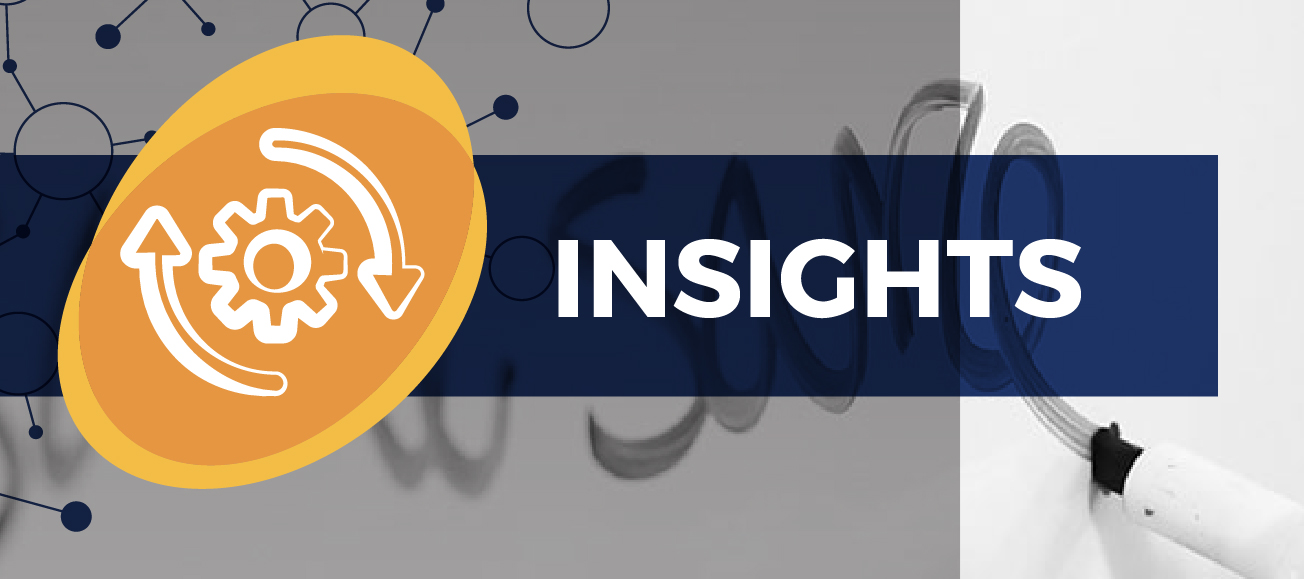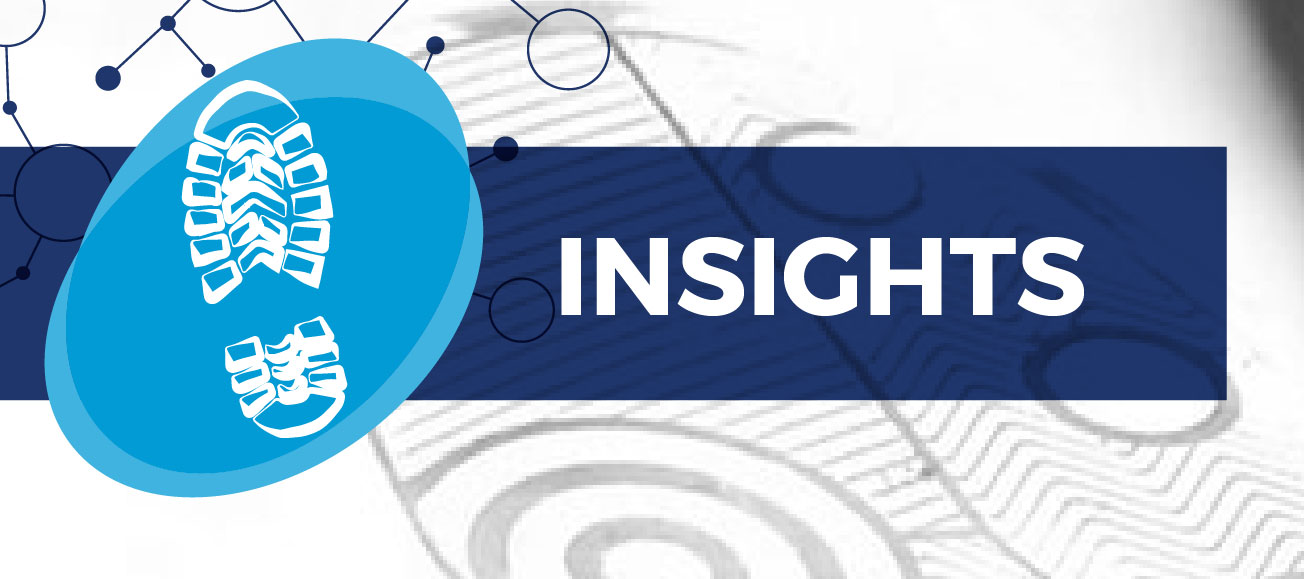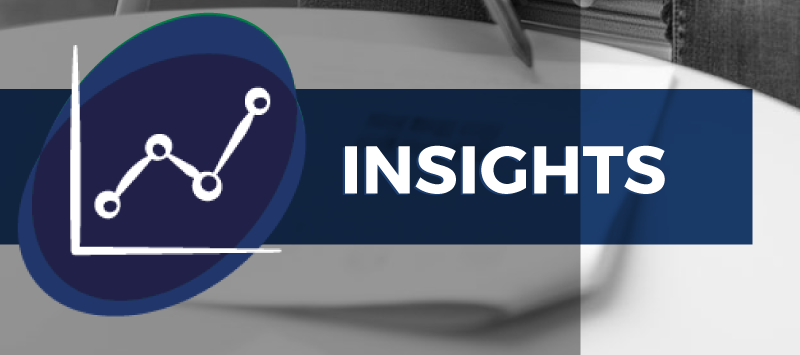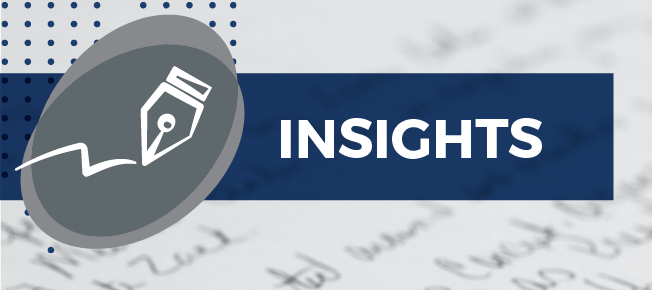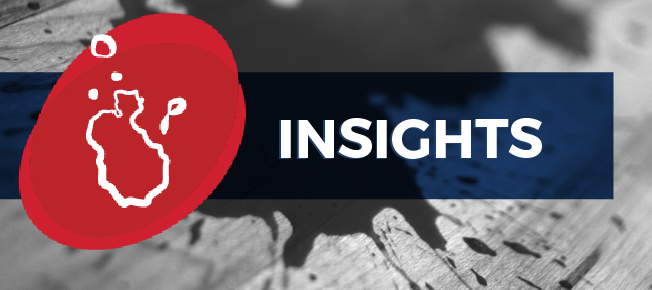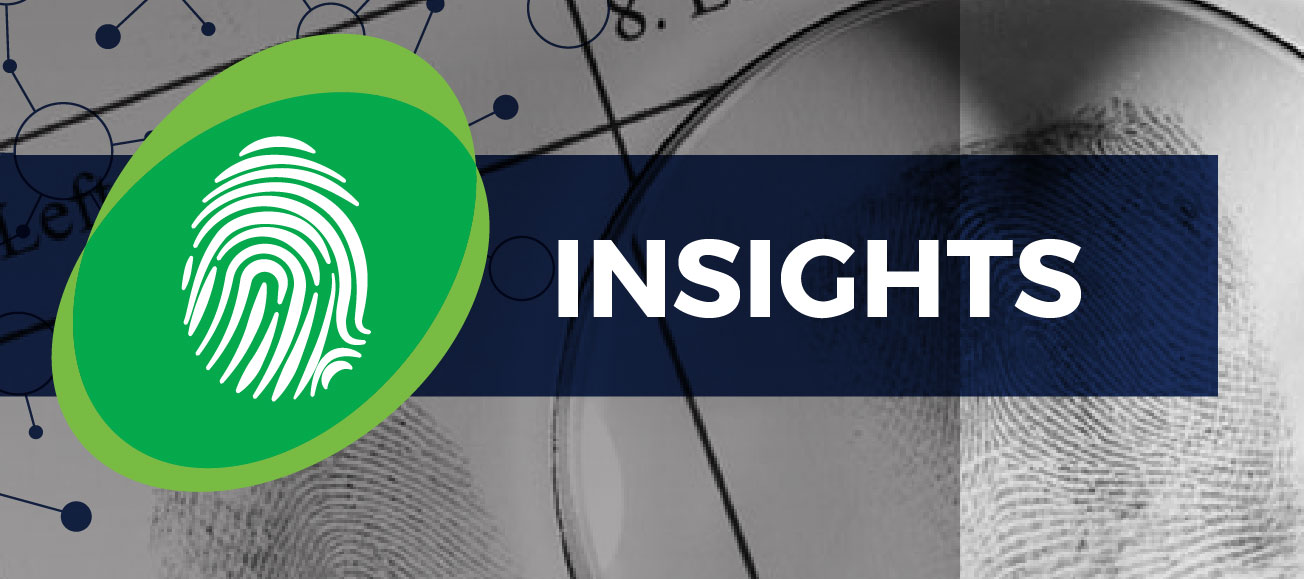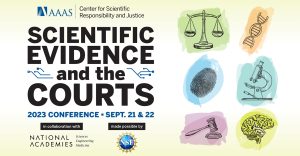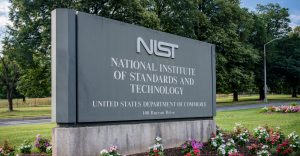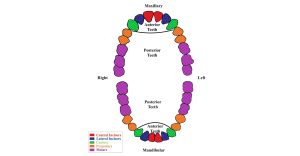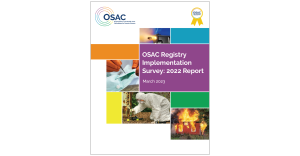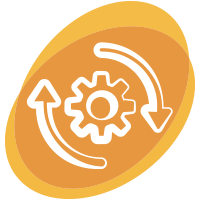
INSIGHTS
Judges & Forensic Science Education:
A national survey
OVERVIEW
Forensic evidence can play a crucial role in adjudicating a criminal trial. As scientific authorities scrutinize the reliability of many forensic methods, it is important for judges to be trained and educated to make more informed decisions. Since most judges lack a scientific background, additional training may play an important role. However, the effectiveness of additional training and how it affects judges’ perception of forensic evidence is unknown.
Lead Researchers
Brandon L. Garrett
Brett O. Gardner
Evan Murphy
Patrick Grimes
Journal
Forensic Science International
Publication Date
April 2021
Publication Number
IN 119 IMPL
Goals
In collaboration with the National Judicial College (NJC), researchers conducted a survey of 164 judges from 39 states who had participated in NJC programs in order to:
Learn judges’ backgrounds and training in forensic science.
Discover their views on the reliability of modern forensic disciplines.
Understand what additional materials and training judges need to better evaluate forensic science.
The Study
1
In part one, the judges described their past experience with forensic science and estimated a percentage of past cases that dealt with forensic evidence.
2
In part two, the judges reported the
amount of training they had involving forensic science, described the availability of training materials, and identified the resources they want in the future.
3
In part three, the judges described their familiarity with statistical methods and estimated the error rates in common forensic science disciplines.
Results
- An overwhelming majority received training on forensic evidence through further education as a judge but suggested more of this training should occur in law school.
- They believed that DNA evidence was the most reliable form of forensic evidence –– and that bitemarks and shoeprints were the least reliable.
- Judges who reported more extensive training were more likely to view themselves as gatekeepers of valid forensic science testimony and reported a higher percentage of evidence they ruled inadmissible.
- On average, judges seem to underestimate the error rate of most forensic methods, though to a much lesser extent than lay people, lawyers, or even some forensic practitioners.
of judges endorsed more than one week of training specific to forensic science evidence.
Focus on the future
The surveyed judges typically relied on journal articles, expert testimony, case law, and further education, but noted that these resources were not readily accessible. Additional education would help judges in their role as gatekeeper to prevent “junk science” being presented at trial.
Judges expressed a desire for additional training and online resources, especially in fields they rated as more reliable. Those include digital, DNA, and toxicology evidence –– these resources would allow judges to make more informed rulings on technical subjects.

